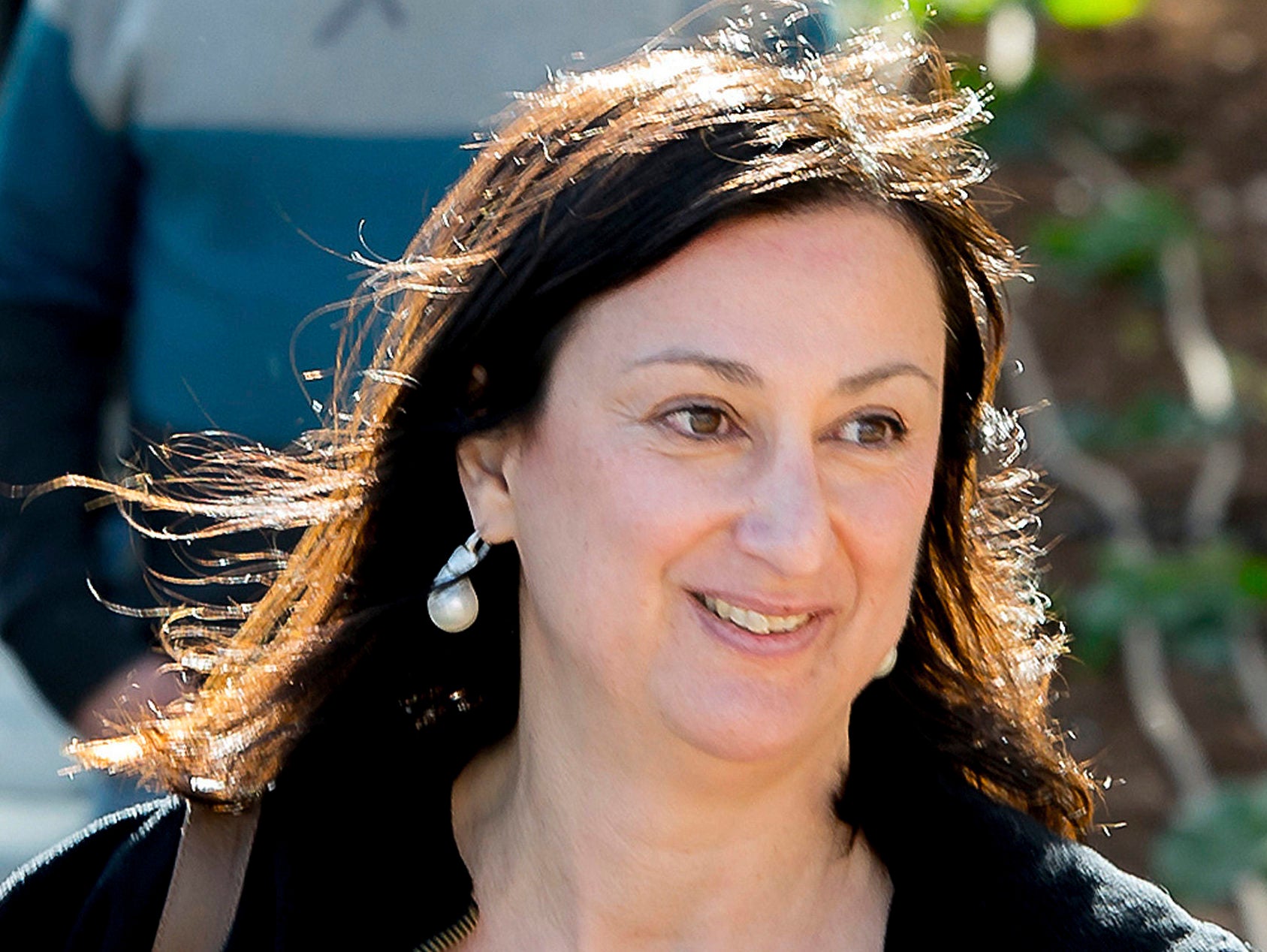
The Council of Europe has demanded the opening of an independent public inquiry into the killing of Maltese journalist Daphne Caruana Galizia.
The European human rights organisation’s parliamentary committee yesterday adopted a resolution calling for an independent investigation, a month after it approved a report that raised “serious concerns” about an ongoing police probe into Caruana Galizia’s murder.
The resolution criticised Maltese authorities for the failure to bring her suspected killers to justice over the past 18 months.
It said: “Ms Caruana Galizia’s murder and the continuing failure of the Maltese authorities to bring the suspected killers to trial or identify those who ordered her assassination raise serious questions about the rule of law in Malta.”
Dutch politician Pieter Omtzigt, the author of the May report, called for a public inquiry to be set up “at the earliest opportunity, within three months” under Article 2 (right to life) of the European Convention on Human Rights.
He also raised fears about Maltese authority figures having to be recused from the case over conflicts of interest and the possibility that local intelligence services had advance knowledge of the bomb plot.
Caruana Galizia, 53, was killed by a car bomb near her home in October 2017. She had been investigating money laundering and corruption in Malta at the time of her death.
Three men have been charged with her murder but have not yet faced trial. They could soon be released on bail as the custody time limit approaches.
The motion adopted yesterday also argued that the rule of law in Malta was “seriously undermined by the extreme weakness of its system of checks and balances”.
The country needs “fundamental, holistic reform, including subjecting the office of Prime Minister to effective checks and balances, ensuring judicial independence and strengthening law enforcement and other rule of law bodies,” it continued.
Outlining concerns about the police investgation, the resolution flagged many of the fears raised in Omtzigt’s report, including magistrates being recused over conflicts of interest and the failure of authorities to request possible evidence from German police or “interrogate Economy Minister Chris Cardona, despite claims that he had had contacts with the suspects”.
“In these circumstances, the Assembly calls on Malta to establish at the earliest opportunity, within three months, an independent public inquiry in order to ensure fulfilment of its obligations under Article 2 of the European Convention on Human Rights,” the resolution stated.
It also pushed for Maltese law enforcement groups to end the “prevailing climate of impunity” for figures who were “suspected of being involved in or benefiting from the scandals exposed by Daphne Caruana Galizia and her colleagues”.
The Parliamentary Assembly of the Council of Europe (PACE) motion was supported by 72 members with 18 voting against and three abstaining.
Several press freedom groups came out in support of the resolution and attended the PACE session, including Reporters without Borders and the Committee to Protect Journalists.
In an co-signed open letter, the groups said: “We call for the government of Malta to immediately launch an independent public inquiry and to fulfil all recommendations of the PACE resolution; to cease efforts to discredit and lobby against Pieter Omtzigt and instead cooperate with him in the context of his mandate; and to ensure full compliance with all of Malta’s obligations as a Council of Europe member state, under the European Convention on Human Rights.”
The Times of Malta reported that two members of the country’s ruling Labour Party took issue with the report, arguing that a public inquiry could not be set up while a criminal investigation was ongoing and tabling amendments to remove criticism.
Picture: AP Photo/Jon Borg/File
Email pged@pressgazette.co.uk to point out mistakes, provide story tips or send in a letter for publication on our "Letters Page" blog
